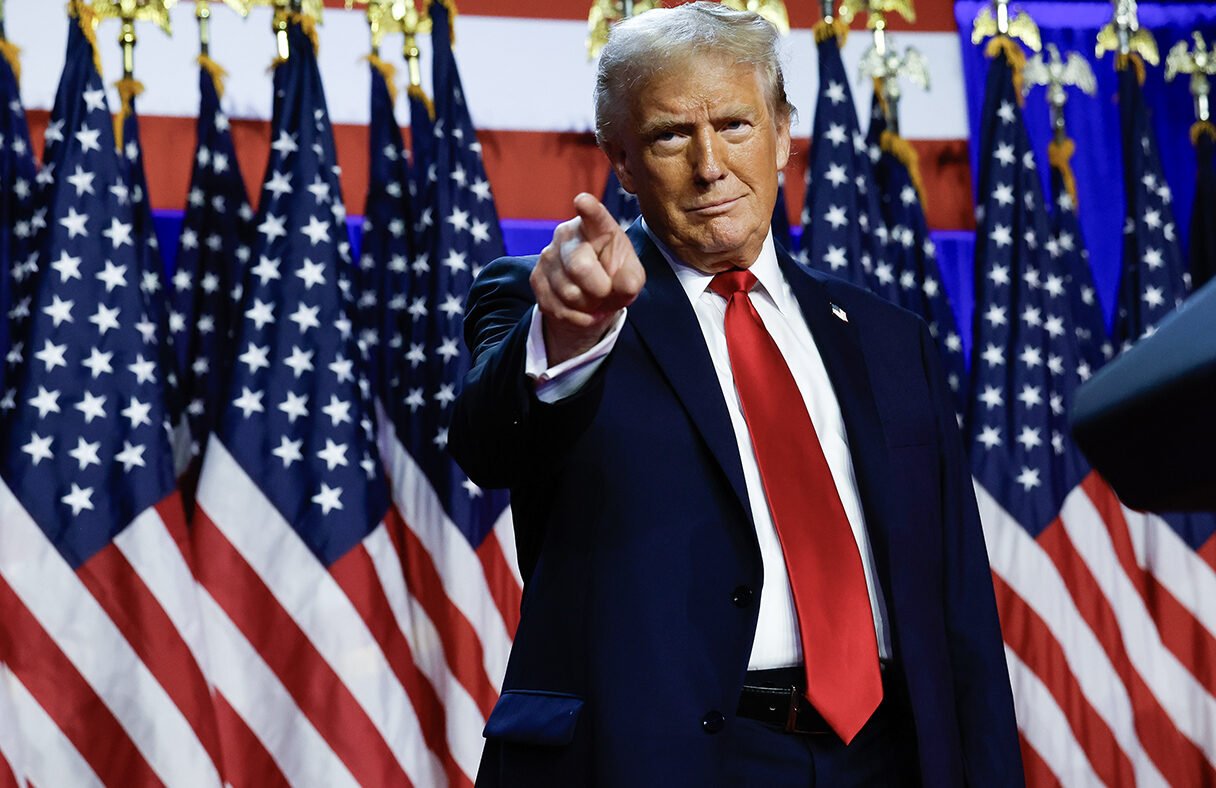In a dramatic twist that could redefine global trade dynamics and US foreign policy, President Donald Trump is seeking sweeping authority over a proposed sanctions bill that includes a jaw-dropping 500% tariff on US imports from countries continuing to buy Russian oil — with India, China, and Turkey directly in the crosshairs.
Dubbed the Sanctioning Russia Act of 2025, the bipartisan bill introduced by US Senators Lindsey Graham and Richard Blumenthal is intended as a punitive measure against Russia’s continued war in Ukraine. However, it has quickly evolved into a broader power struggle — both within Washington and across global diplomatic corridors.
At its core, the bill aims to deter global purchases of Russian oil, gas, and uranium — commodities that remain vital to Russia’s war economy. India, which sourced 35% of its total crude imports from Russia in 2024, has emerged as a key focus of the legislation.
If enacted in its current form, the bill could deliver a devastating economic blow to India by effectively blocking access to its fastest-growing trade partner, the United States. This would put multi-billion-dollar exports in sectors like pharmaceuticals, textiles, and electronics at severe risk — and create ripple effects across global supply chains.
Trump’s Power Play: “It’s Totally My Option”
While the bill has garnered bipartisan support in Congress, Trump has drawn a hard red line: executive control.
Speaking to reporters, Trump made his stance unequivocal. “It’s totally my option,” he declared, asserting that he would only support the bill if the White House gains complete discretion over when and how the sanctions are applied.
Behind the scenes, the Trump administration is pushing aggressively to amend key provisions of the bill — seeking to replace all uses of the mandatory “shall” with the discretionary “may,” expand waiver powers, and eliminate Congress’s ability to override the President’s decisions.
A Wall Street Journal report confirmed that Trump’s team views these changes as essential to ensure flexibility in global diplomacy, especially with major nations like India, Turkey, and Brazil that are caught in the geopolitical tug-of-war between the West and Russia.
“This isn’t about oil alone — it’s about leverage,” a White House official stated. “We want to use economic tools smartly, not bluntly.”
India’s Diplomatic Tightrope
India, for its part, has responded with calm yet calculated diplomacy. External Affairs Minister Dr. S. Jaishankar acknowledged the bill’s emergence and noted that New Delhi is in contact with Senator Graham. “We will cross that bridge when we come to it,” Jaishankar said, signaling India’s intent to wait and watch rather than escalate rhetoric.
India’s Oil Minister Hardeep Singh Puri went a step further, defending India’s oil strategy as a stabilizing force in global markets. Speaking from Vienna, Puri stated, “India did the world a favour by continuing to buy Russian oil.” He warned that removing Russian supply from the market would have sent global oil prices skyrocketing above $130 per barrel, risking “economic chaos.”
He added, “We bought under a price cap, legally and transparently. Russian oil was never banned globally. This is about energy security, not politics.”
Geopolitical Risk and Economic Shockwaves
The proposed 500% tariff — if implemented — would be an unprecedented economic measure. Experts say it could backfire spectacularly on the US economy, fueling inflation, prompting retaliatory tariffs, and pushing countries like India closer to rival powers such as China or Russia.
“This bill is a high-stakes gamble,” said a senior trade policy analyst in Washington. “On paper, it’s a sanctions tool. In reality, it’s a geopolitical sledgehammer.”
Should the bill pass with Trump’s desired amendments, it would give the President unparalleled power to shape global alliances — effectively turning trade access to the US into a diplomatic bargaining chip.
Meanwhile, countries in the Global South have voiced concern about the trend of unilateral sanctions. Several nations, including Brazil and Indonesia, view such measures as economic coercion and a threat to sovereignty.
The Road Ahead: Tug-of-War in Congress
As the legislation makes its way through Congressional committees, the battle lines are clearly drawn: Congress wants enforcement; Trump wants control.
If the bill passes in its rigid form, it would limit the President’s flexibility in global negotiations. But if Trump’s amendments succeed, it could turn the White House into a command center for global economic warfare, with tariffs deployed selectively to reward allies and punish adversaries.
For India, the stakes are massive. Its deepening strategic and economic relationship with the US could suffer, even as its reliance on Russian energy remains unchanged for now.
Conclusion: A Test of Influence
The debate over this bill is no longer just about sanctions — it’s about the balance of power, both internationally and within America’s own political institutions. For Trump, it’s a test of presidential might. For India, it’s a tightrope walk between energy security and economic exposure. And for the world, it’s a powerful reminder that in an age of economic interdependence, trade and diplomacy are no longer separate games — they are one and the same.







